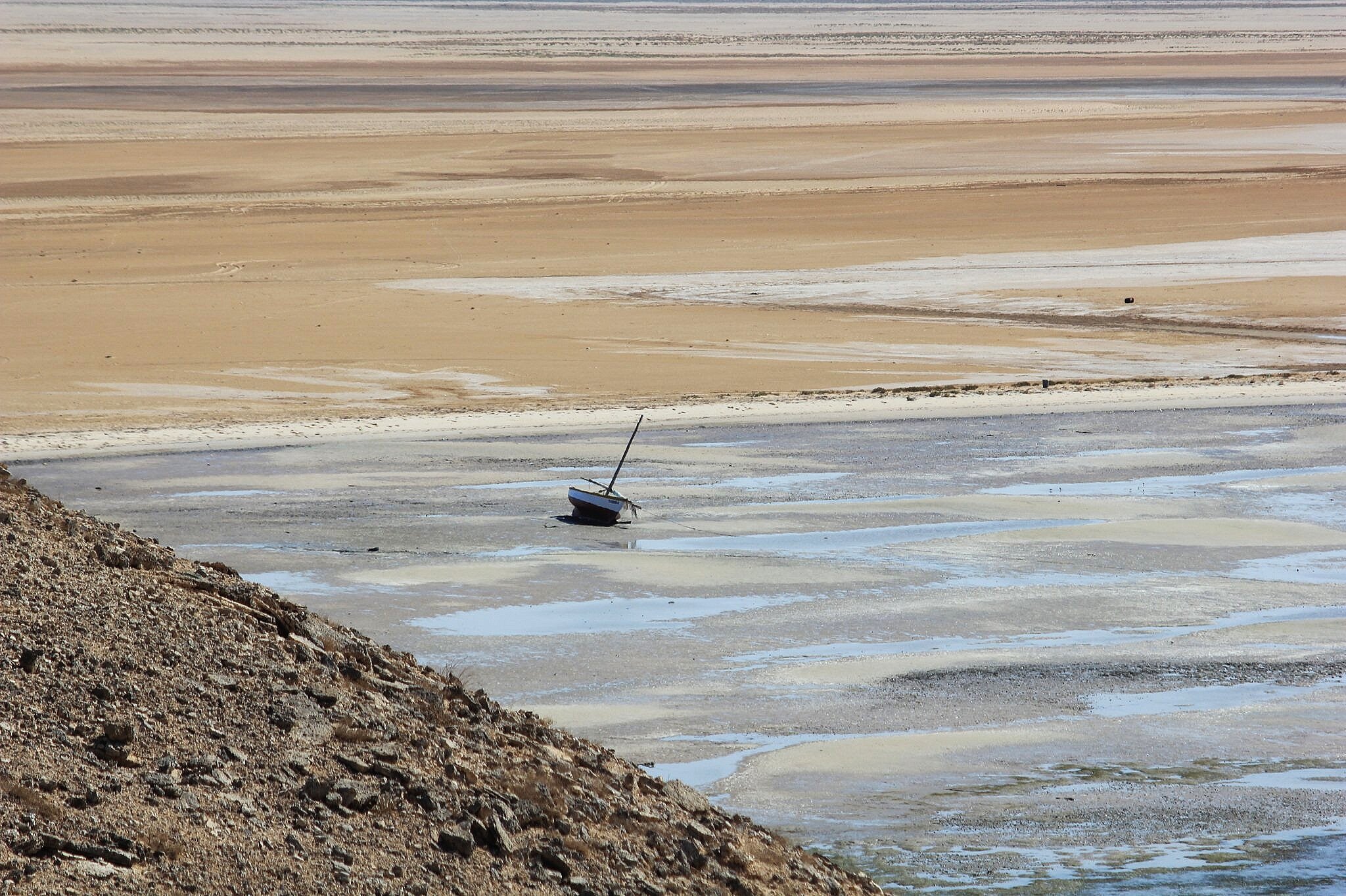The first in a series focusing on Mauritania, this article looks in detail at this authorisation, which came at a time when the ink of the signatures of the EU-Mauritania Sustainable Fisheries Partnership Arrangement (SFPA), signed on 28 July, is barely dry.
Small-scale fisheries’ participation in decision-making is crucial for food security of African coastal communities
African and European artisanal fishers, together with their international partners, issue a joint declaration before the UN Food Systems Pre-summit underscoring their concerns about the overall process, the lack of consultation of small-scale fisheries stakeholders, and the promotion of large-scale industrial aquaculture by some of the UNFSS organisers.
"The rich man's fish feeds on the poor man's sardinella"*
In this article, the author extracts from the recent report ‘Feeding a monster: How European aquaculture and animal feed industries are stealing food from West African communities’ the main findings related to the European Union and its Members States, and looks at how some of the recommendations may be implemented in the EU.
The EU new approach on blue economy should recognize that artisanal fisheries are the main provider of "Ocean Livelihoods" in Africa
Food promotion policy –the EU should encourage quality over quantity seafood consumption
This article looks at the sustainability concerns of both wild-caught fisheries and industrial aquaculture and argue that the EU should not promote seafood consumption but focus on providing accurate and complete information to consumers and look into the wider environmental and social sustainability issues throughout the fish value chain.
International Ocean Governance: more can be done to promote socially and environmentally sustainable fisheries
World Fisheries Day: How the EU can support sustainable African artisanal fisheries
In this declaration on the occasion of World Fisheries Day, CFFA calls on the European Union to integrate the FAO Guidelines for Securing Sustainable Small-scale fisheries into all its policies that have an impact on this sector, particularly in the Blue Economy and Farm to Fork strategies and in its external action.
Replacing fisheries and decarbonizing the sector? We should not expect it from industrial aquaculture
This position paper explores the false promises of industrial aquaculture, highlights the key sustainability issues of promoting farming of carnivorous fish species, such as salmon, underscores the environmental and social impacts throughout the whole value chain and explains why the EU should stop promoting seafood coming from industrial aquaculture and instead focus on promoting sustainable small-scale and low impact fisheries and aquaculture.
Sustainable Fisheries Partnership Agreement negotiations between the EU and Mauritania: staying on course
As a new round of negotiations between the EU and Mauritania is expected to start soon, this position paper recalls the demands of the Mauritanian artisanal fisheries sector, highlighting technical conditions, such as the access to octopus to be reserved for local artisanal fishers, the zoning for trawlers to be maintained, and landings of small pelagics to be kept. Governance issues are also key, such as transparency, especially regarding the activities of other foreign fleets; and the urgent need for the SFPA to contribute to regional management for shared stocks.
EU Farm to Fork Strategy: Raising the ambition on global fisheries aspects
On World Food Day (16 October) we publish this short brief, which reviews the recommendations of the EU Food Policy Coalition on the global aspects of the EU Farm to Fork (F2F) strategy, underscoring that F2F largely ignores seafood production, and highlights EU trade, cooperation and imports aspects that are essential for sustainable external fisheries.
Why the current African Union’s blue economy strategy threatens small-scale fisheries
Issues for local artisanal communities in a potential future EU-Guinea SFPA
Financial compensation, support for development and transparency, the key issues at stake in the negotiation of the EU-Madagascar SFPA
The Government of Madagascar has made it clear that it expects to derive greater benefits from its tuna resources through higher financial compensation. If this compensation is coupled with well-directed sectoral support for local fisheries, this could help develop Madagascar's small-scale fishing sector, which provides thousands of jobs and is essential for food security.
Traditional fishing or small-scale maritime fishing in Madagascar: a state of play
Amidst COVID-19 crisis, African artisanal fisheries are more than ever essential to feed the population
Contributing to the promotion of the women in fisheries livelihoods through SFPAs between EU and African countries
Mauritania: How the EU agreement can be used to improve fisheries management
As the EU is negotiating a new protocol under the existing agreement, concrete steps should be taken to ensure the sustainable exploitation of sardinella in the region, including increased sampling of small pelagic catches, applying the recommendations of the FAO working group and starting consultations with neighbouring countries on joint management of shared stocks.
European industries must disinvest in West Africa’s booming fishmeal and fish oil sector
Is Blue Growth compatible with securing small scale fisheries ?
The growth of fishmeal production in Mauritania: The implications for regional food security
Since 2010, the number of fishmeal factories in Mauritania has increased from 6 to 23, with most of these situated in the Northern port of Nouadhibou. Analysis of the fish being caught to supply these factories published in a recent paper provides a new insight into the regional migration of small-pelagic fish, casting some doubt on previous theories that have informed regional management advice. The government of Mauritania encouraged new investments in local fishmeal production in the belief this would target underexploited stocks of coastal species, with no overall impact on the availability of fish for direct human consumption. Yet there is now concern that the factories are relying on a different species, the round sardinella, which is a staple food in West Africa, but is now considered over-exploited by the FAO’s working group monitoring small-pelagic fish stocks in the region.





















